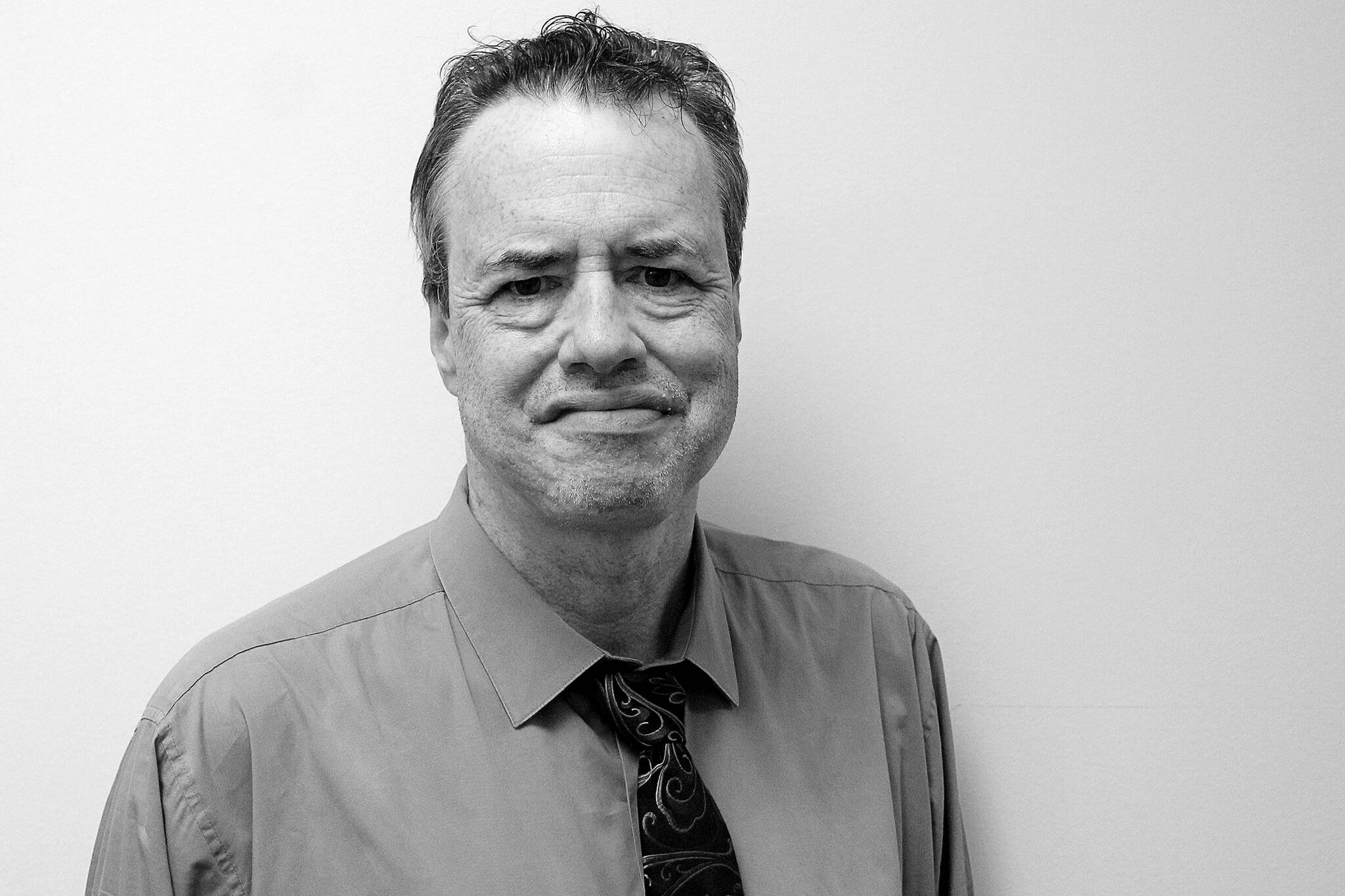Since I was 12, words have been my thing — texts of all sorts in tongues old and new, I don’t care.
I tried — boy, did I try — to find fields that would give me a third of the juice that words did, but all of the quests fizzed out.
I learned that, try as I might, I could not force my mind to tasks that did not fire my imagination.This trait has cost me a lot, but it appears to be baked in.
After graduating from the University of Washington in 1987, I placed my first love on a shelf too high to reach, and set my mind to getting on with things. I took a series of low paying jobs in retail and in temporary work. Two of my employers kindly encouraged me to “broaden my horizons.”
The question became, where could I do my best stuff? Where, as I’d heard somewhere, would my deep joy meet the world’s deep need? Oh, and could I earn a decent living doing it?
How about law school? I thought about it, took the LSAT, and did OK, but I knew they’d have to carry me out catatonic on a stretcher from tax law courses.
Librarian? Took some classes. To put in mildly, I was not jonesing on the Dewey Decimal System.
Problem was that as I was working out this problem, my life clock continued to tick. By my early 30s, I sure felt time’s winged chariot on my heels. Tick, tick, tick.
A handful of lyrics from Pink Floyd’s “Time” rang in my ears, giving me the blues: “Kicking around on a piece of ground in your home town … waiting for someone or something to show you the way … Then one day you find 10 years have got behind you …”
Then I remembered something one of my classics professors at the UW had revealed to the rows of bright shiny faces, among them mine, looking up at him one afternoon. He said he had hoped in his early college years to go into literary criticism. To put it briefly, literary criticism as now practiced is one of the most brain-bending scholastic disciplines around.
He discussed his plans with one of his own professors.
“No, no,” the little German professor responded. “You are too dumb. Jeder hat sein genie,” he said. (“Every man has his genius.”)
“Best advice I ever got,” said the professor, who devoted himself thereafter to the study of the history of antiquity.
As a child, actor Laurence Olivier told an interviewer he felt that his own father never loved him much. After Olivier’s mother died, he was sure his father saw him as the unwanted addition to the family. The actor claimed that his father would display cold indifference toward him, either by dismissing him as having no aptitude for anything at all, or by ignoring him altogether, even begrudging him the food he ate.
When the boy suggested to his father one day that he might consider pursuing business as a career, he was shocked at the response he received.
“You’re talking nonsense, you’re going to be an actor,” his father snapped.
At that instant, Olivier realized his father had been paying attention to him, and had seen his gift.
No, I am not pretending to be any sort of genius in my field. Not at all. But I think even ordinary schlubs like me can learn from what the little old professor said — “jeder hat sein genie” — and what the great actor’s father said to him.
“A man goes far to find out what he is,” wrote the American poet Theodore Roethke, in his poem “In a Dark Time.”
Anyway, eventually I found my way into journalism. It suits me temperamentally, though it’s given me some hard knocks in my nearly 30-year career. True, I’ll never get rich doing it. Nobody does. But in the end, I do not believe that is the most important thing. The old Greek definition of the well-lived life comes to mind as: “The full exertion of one’s powers along lines of excellence.” In the end, that’s what matters.
Robert Whale can be reached at rwhale@soundpublishing.com.


